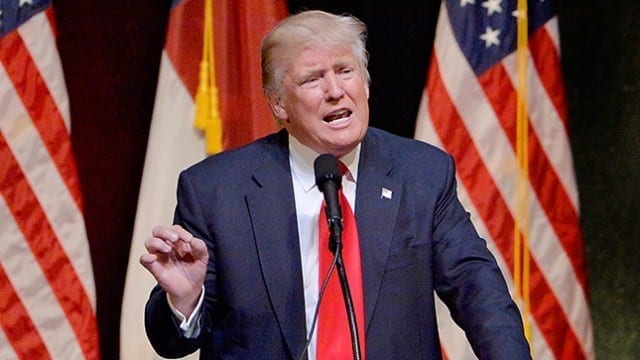“Aggressive” is probably a mild term to describe the president-elect’s rhetoric in the days preceding his inauguration. Offensive and damning tweets have been fired off at critics all across social media, with most mainstream news networks focusing on innumerable faux pas and controversial cabinet appointments. Missed on the ides of January is a critically important announcement made by the almost-commander-in-chief. On Wednesday, Donald Trump challenged current drug bidding practices, calling on Medicare to stand up to lobbyists and begin negotiating drug prices.
Even more surprising than the boisterous businessman’s liberal position is its apparent origin as a piece of Bernie Sanders rhetoric. The Independent, self-proclaimed socialist senator from Vermont issued a challenge to Trump on Tuesday, encouraging the president-elect to support upcoming legislation. The Sanders-sponsored legal maneuver would pave the way for Medicare to begin negotiating prescription drug prices.
Details explaining how either Trump or Sanders might push back “Big Pharma” are murky for the time being. What’s not in doubt is that the two men, different as they may be, have honed in on a major domestic diplomacy shortcoming.

Medicare is currently restricted from discussing the finer points of drug pricing with pharmaceutical manufacturers. Current statutes and regulations place leverage in the hands of drug companies, which can take advantage of Medicare-required coverages. The rationale underlying the status quo is simplistic and nonsensical. Apparently, allowing the government to negotiate high-cost drugs stifles competition and interferes with the mechanisms of free market.
A possible explanation for what seems to be a divergence from prevailing policy lies in lobbying. Since the late 1990s, drug companies have constituted the largest collective special interests group on Capitol Hill. The pharmaceutical industry has spent the better part of $2 billion petitioning lawmakers since 2011.
There are viable arguments in favor of keeping the government out of drug negotiations. In Great Britain and Canada, official ministries are much more forward in sorting and setting prices – if a company can’t keep its costs reasonable, then it loses the privilege of being able to field its product to public plans. The downside of such an approach is that some medicines aren’t made available to the people and politicians of a hard-bargaining market. Margot Sanger-Katz of the New York Times characterized “the trade-offs between price and generosity [as being] real and wrenching.”
No matter how complex the matter may be, it undeniably needs tackling. Medicare patients are among some of the most vulnerable in the nation. Elderly men and women who draw benefits from the plan account for a full third of country-wide prescription medication spending. Arbitrary drug hikes dig well into their quality of life and ability to make healthy decisions regarding doctor visits. Trump, Sanders, and Clinton supporters should all find common ground in the endeavor to allow the government some wiggle-room in negotiating medication rates with pharmaceutical companies.
Sources
42 U.S. Code § 1395w–111 – PDP regions; submission of bids; plan approval
Is There a Cure for High Drug Prices?
The Politics Of Medicare And Drug-Price Negotiation (Updated)
The Real Reason Medicare Is a Lousy Drug Negotiator: It Can’t Say No
Tammy Baldwin: Federal government prohibited ‘from negotiating lower prescription drug prices’
Trump calls for ‘new bidding procedures’ with drug companies
Trump’s right about drug prices: Our view
Sanders to roll out bill letting Medicare negotiate drug prices


Join the conversation!